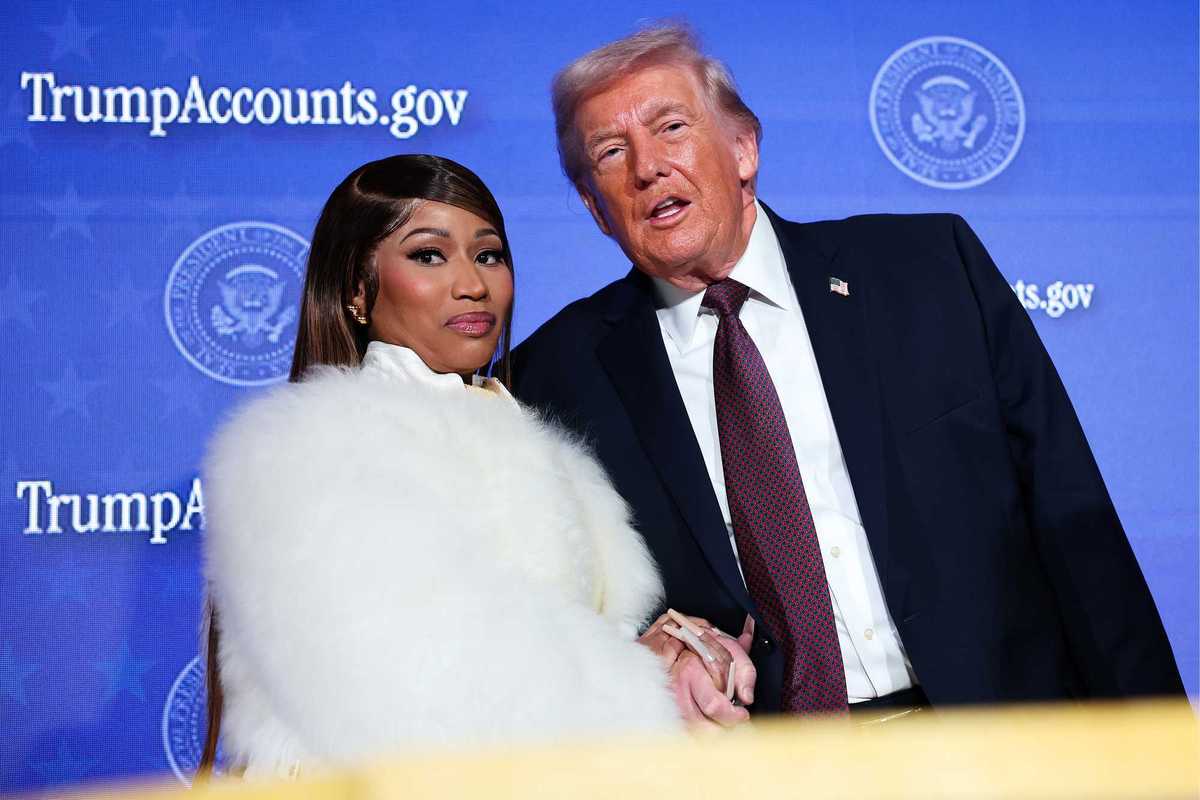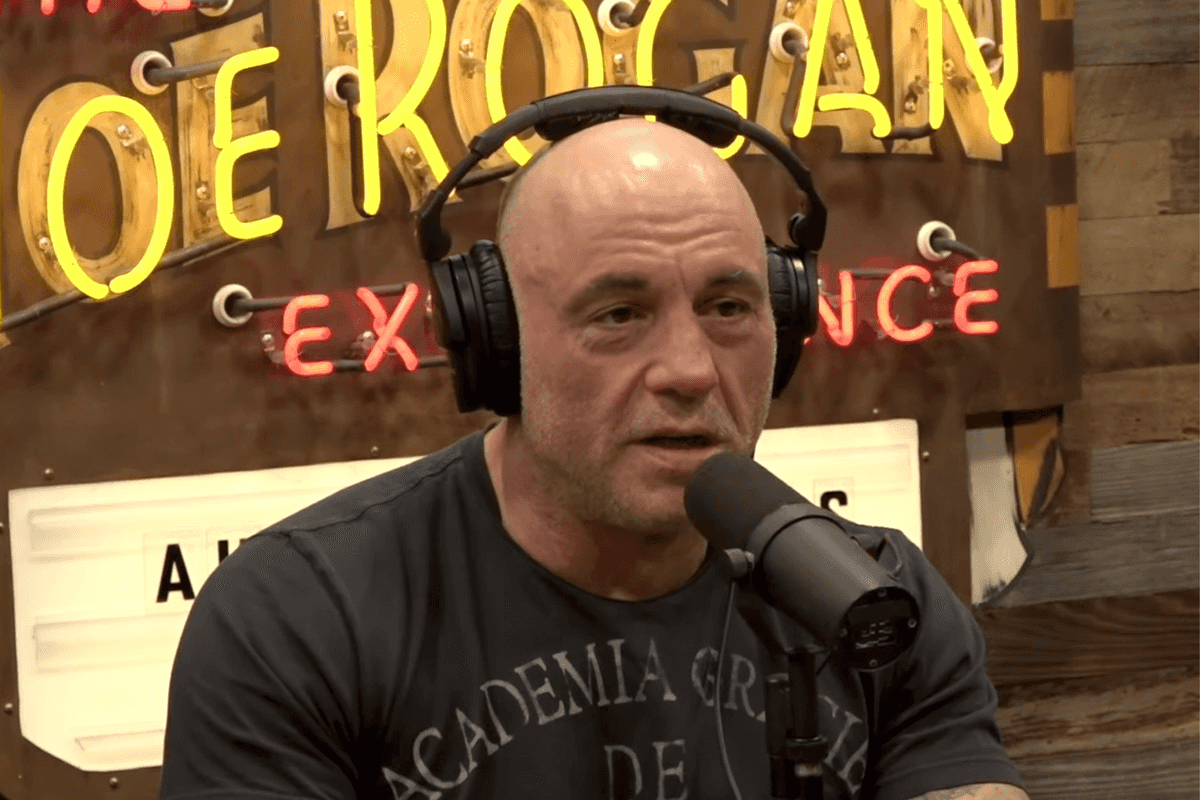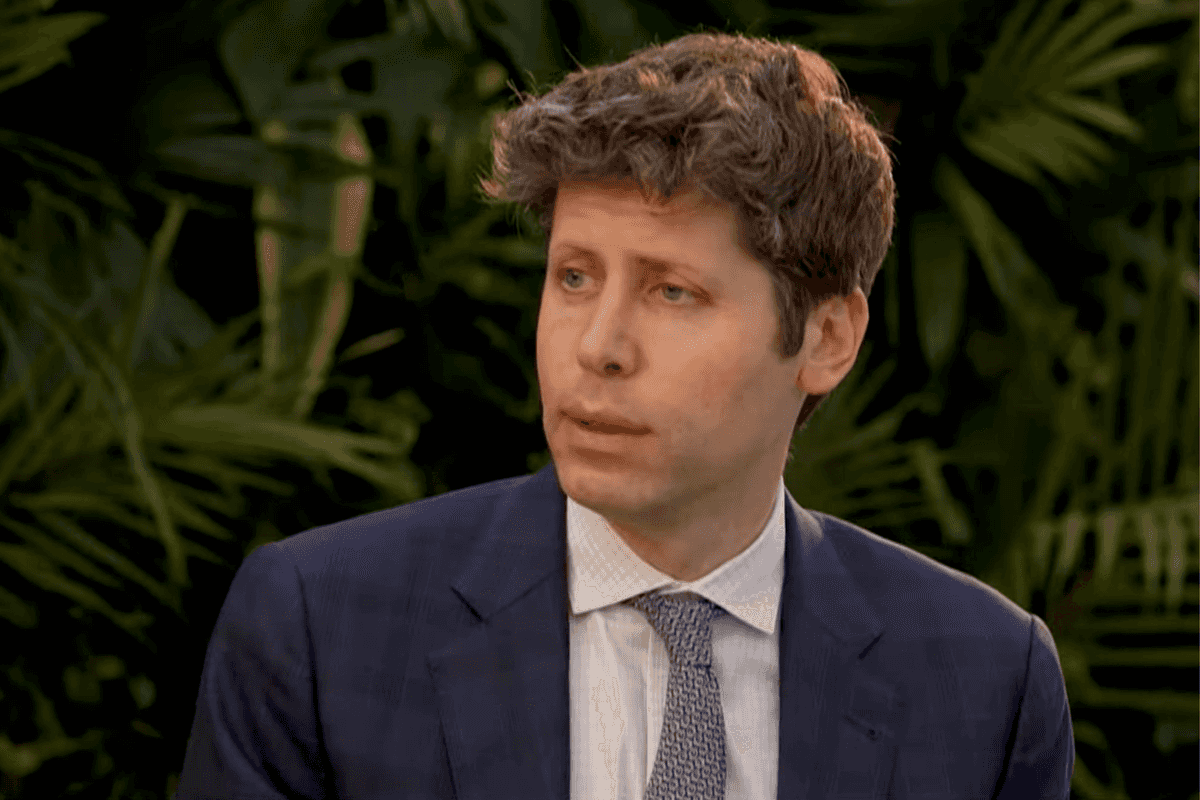Celebrities
Indy100 Staff
Oct 03, 2015
Like many first generation children, Rinna Rem from Portland, Oregon, learnt how to balance her Thai-Cambodian ancestry and identity as an American citizen as she grew up.
But it hasn't always been easy.
Rinna's parents immigrated to the US in the 1970s having experienced the rise of the Khmer Rouge regime, and she told Mic that "it's hard growing up when both of your parents have PTSD from a genocide."
As she got older Rinna began to notice how systemic discrimination affected her life, too, and last year when a stranger picked a bar fight with Rinna and hurled racist abuse at her, the 29-year-old realised that enough was enough.
Rinna started seeing a therapist twice a week to cope with a lifetime's build up of interpersonal and institutional racism, whom she says is "amazing."
The therapist has taught her to "recognise in your life where you have power" - and Rinna turned the mantra into an idea.
Therapy doesn't come cheap, and Rinna's appointments come to $100 a month, so she decided to start a fundraising campaign to help pay for them targeted at the inadvertent source of her problems - white people.
She titled the Kickstarter "White Friends, Pay For My Therapy", and the controversial idea has attracted a lot of attention.
I feel it's a powerful thing to ask for help. It was a venue of power for me. I was able to ask my friends, my white friends, to be accountable for the systems that benefit them.
While her friends have been supportive, Rinna has also received lots of racist hate mail and messages. There's even a whole Reddit thread dedicated to talking about how ludicrous her idea is.
Despite the detractors, though, Rinna has raised $1,900 of her $2,400 goal, and there's still 67 days left before the campaign expires.
And when the money runs out, she won't be afraid to ask again.
Until the U.S. pays reparations for the secret bombing of Cambodia, which led to the uprising of the Khmer Rouge and then my parents coming to the U.S. and living in poverty, until that happens, I will keep asking for reparations on a personal level.
Massive HT: Mic
More: Nicki Minaj called out racism in the music industry and was portrayed as an angry black woman
Top 100
The Conversation (0)













